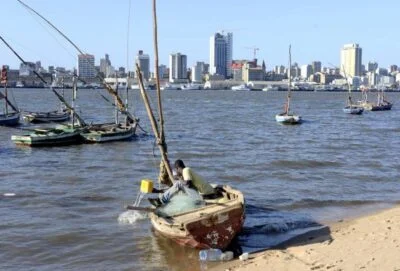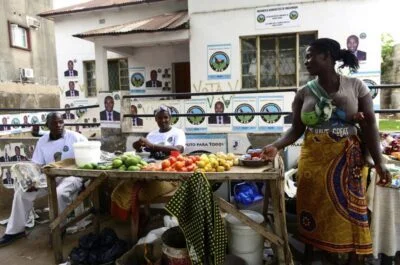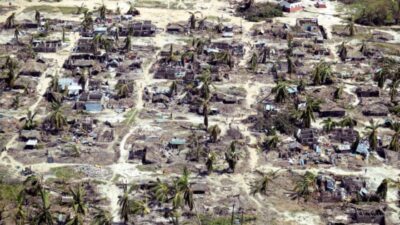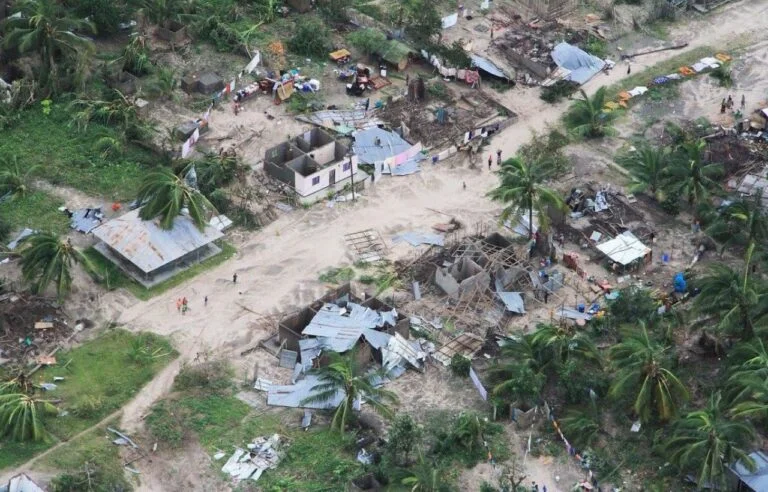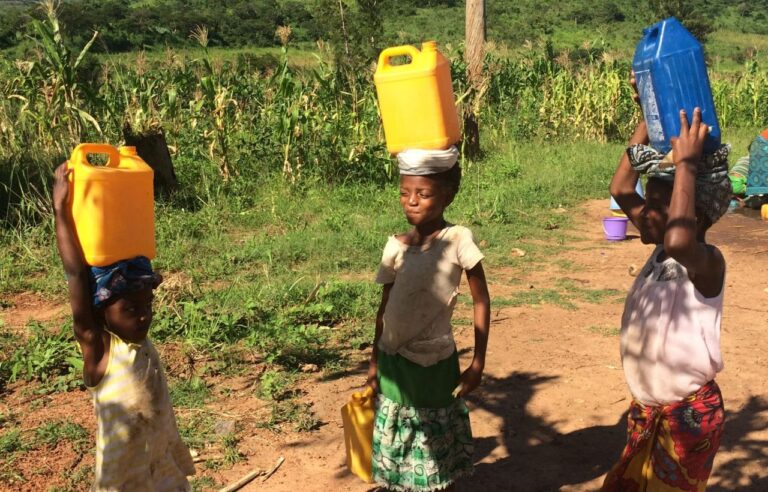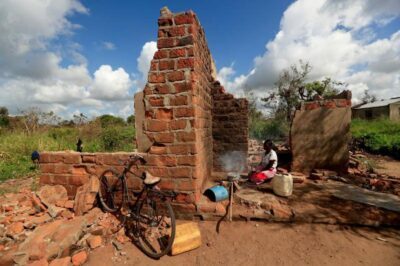The experience of Mozambique’s Community land initiative (iTC) in securing land rights and improving community land use: practice, policy and governance implications
The Mozambique Community Land Initiative (iTC) is a partnership programme developed by donors
with government, civil society and private sector in Mozambique to assist rural communities to
secure community land rights in the context of implementation of Mozambique’s 1997 Land Law1
,
long regarded as one of the most progressive in Africa (Toulmin & Quan 2000, Tanner & Baleira
2006, Norfolk & Tanner 2007). iTC operates as a project, planning, finance, supervision and
monitoring agency which manages and delivers funding to community based projects for land tenure
security linked to programmes and projects for local economic and land use development. Following
passage of the law, a civil-society led campaign undertook community land delimitation in an effort
to secure community rights and establish a basis for harmonious rural development. iTC was
established in 2006 in the provinces of Manica, Gaza and Cabo Delgado as a pilot programme funded
by a group of European donors led by DFID and also including Netherlands Co-operation, Swedish
SIDA, Irish Aid, Swiss Cooperation and DANIDA, to help overcome limited capacity in government
and civil society for land law implementation and empower rural communities.


